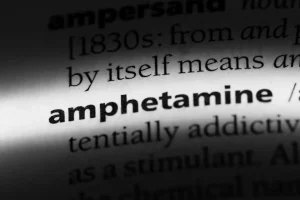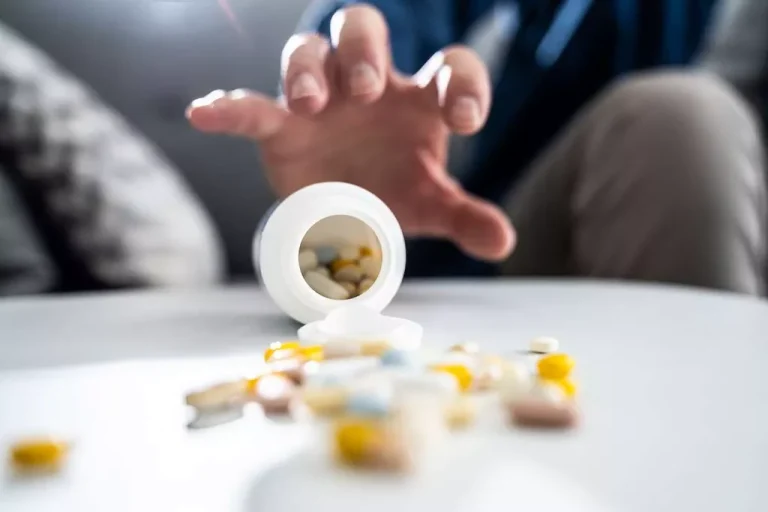
Thermo Fisher Scientific does not represent either Labcorp OnDemand or the customer if the two enter into a transaction. Privacy and security policies of ondemand.labcorp.com may differ from those practiced by thermofisher.com. You are now leaving thermofisher.com and going to a site owned and operated by an independent third party. Thermo Fisher Scientific is not responsible or liable for any content or services of any independent third-party site. Thermo Fisher Scientific does not represent independent Substance abuse third parties or the customer if the two enter into a transaction.
How To Tornado A Beer?
Therefore, limiting or avoiding alcohol is advised to minimize harm to the liver, heart, brain, and gut. Despite these warnings, alcohol is woven into cultural practices globally, with over 2 billion people consuming it. Sensitivity to wine appears to be due mainly to pharmacological intolerances to specific components, such as biogenic amines and sulphite additives.
- Your body holds on to the nutritive parts of what you eat and drink, but, otherwise, what goes in must also come out.
- Secondly, alcoholic beverages, particularly wine, beer, and spirits, contain histamine, a compound known to elicit allergic responses.
- Additionally, it is advisable to refrain from further alcohol consumption for the day to prevent exacerbating symptoms.
- It is best to consult a healthcare professional for a proper diagnosis if you suspect an alcohol allergy.
- Allergic reactions to alcohol can cause symptoms such as difficulty breathing, coughing, a runny nose, or stomach upset.
- Rinsing your nose with salt water or a saline solution will help to soothe the mucous membranes in your nose and reduce inflammation.
How Long Does Screw Top Red Wine Last Once Opened?

“There are many possible reasons that alcohol may cause unpleasant symptoms that are not allergic in nature,” says Shaw. “Your doctor will decide if allergy testing is needed or if the problem is non-allergic (for example histamine intolerance or sulphite sensitivity testing will not be useful here).” First, some people have lower levels of the enzymes the body needs to break alcohol (ethanol) into metabolites that it can process and excrete. When byproducts of alcohol don’t get broken down quickly enough, they accumulate to levels high enough to cause a mild allergic reaction. In response to this, many countries have recommended maximum histamine levels for wines, ranging from 2 mg/L in Germany to 10 mg/L in Austria. However, studies have found that a large percentage of red and white wines exceed these recommendations.

What Does it Mean If I Have Nasal Congestion After Drinking Alcohol?
When you take a sip of alcohol, your body triggers a reaction in which your blood vessels widen and blood flow increases. As a result, the nerve endings in your nasal passages become more sensitive. This increased sensitivity can lead to a sneeze reflex being triggered, causing you to sneeze.

People who are sensitive to histamine may experience more severe symptoms than those who are not. It is important to be aware of any potential allergy symptoms that can occur when consuming alcoholic beverages and speak to a doctor if any reactions occur. Wine and beer can often trigger sneezing due to their histamine content, which can provoke allergic reactions. For those allergic to these beverages, increased sneezing is common after consumption.
Earth Day and Sinus Health: Understanding the Environmental Impact
First, the body produces histamines in response to the presence of the alcohol that the body is unable to digest. Research shows that around 8% of people experience symptoms like nasal congestion, flushed skin, or even headaches while drinking wine. If any of this sounds familiar to you, you might be sensitive to one of wine’s many components. The good news is that once you identify the triggers, there are ways to reduce or even prevent these reactions, without having to ditch wine altogether. An alcohol intolerance, or ingredients like histamines in alcohol cause an allergy-like reaction in alcohol and sneezing drinkers, swelling the the mucosal membranes in the nasal passages and airways.

- If you develop any signs of a severe reaction, you should receive one or more doses of epinephrine.
- Many times, some allergic reactions can make you more sensitive towards alcohol intake.
- In some people, drinking alcohol may also trigger an allergic reaction, which can cause sneezing and other symptoms.
- But, if your nose is all stuffed up or runny after just a few sips of wine, this process probably isn’t proceeding as smoothly for you as it does for other people.
This is particularly true for individuals who notice their allergies getting worse as they age. However, sulfates can be found naturally in many alcoholic drinks like wines (mainly white), beer, vermouth, sake and some others. Our bodies naturally created histamines which are chemicals also found in certain foods and alcoholic beverages like beer, champagne and wine.
How can you treat alcohol allergy?
- Other components, like sulfites in wine, can also aggravate allergies, resulting in symptoms such as nasal congestion, skin flushing, and headaches.
- Alcohol has been known to cause dilation of blood vessels, including those in the nasal passages, leading to congestion and potentially triggering sneezing.
- Preservatives and other additives in beer, such as sodium benzoate or tartrazine, can also cause sensitivities or allergies.
- This will help to soothe the mucous membranes in your nose and prevent them from swelling and triggering a sneeze.
Simply avoid alcohol, limit how much you drink or avoid certain types of alcoholic beverages. Alcohol intolerance is caused by a genetic condition in which the body can’t break down alcohol efficiently. The only way to prevent these uncomfortable reactions is to avoid alcohol. Beer also contains histamines which could cause a reaction in some people, including sneezing and stuffy nose after drinking. Wines, spirits on the rocks, and low-carb beer are often considered some of the least harmful alcoholic beverages. The impact of alcohol on your body and mind is largely determined by your drink choice and consumption amount.

No comment